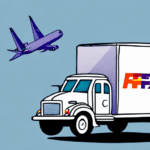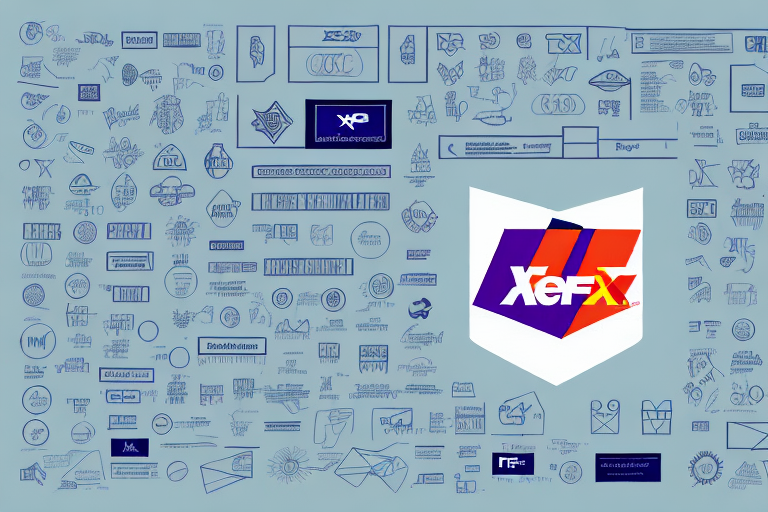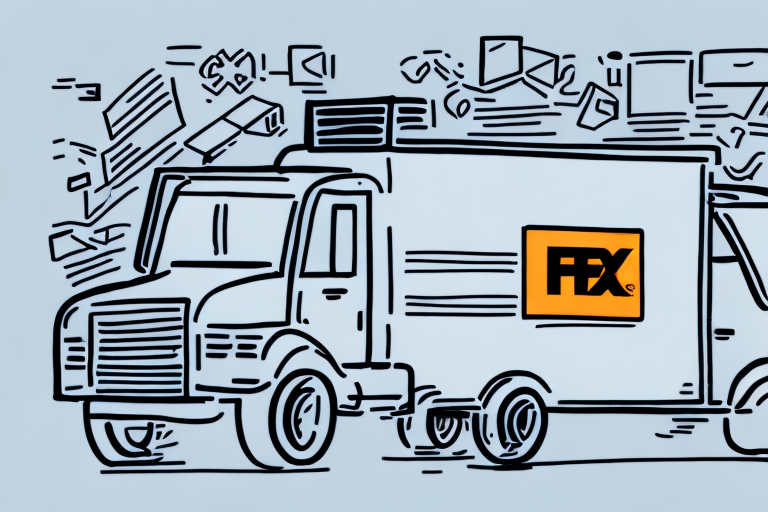The Impact of Weather on Shipment Delivery
Unfavorable weather conditions significantly affect the timely delivery of shipments. Various weather phenomena such as heavy rain, snow, fog, and strong winds can disrupt transportation logistics, leading to delays and increased costs. For instance, according to the Bureau of Transportation Statistics, severe winter storms can reduce road capacity by up to 50%, severely hindering truck deliveries.
Additionally, extreme heat can damage sensitive goods. Perishable items like food and pharmaceuticals require temperature-controlled environments, and high temperatures can compromise their quality, necessitating additional packaging and refrigeration costs. Conversely, favorable weather conditions such as clear skies and mild temperatures can enhance delivery efficiency, reducing transit times and lowering operational expenses for shipping companies.
Understanding Shipment Exceptions
Definition and Common Types
Shipment exceptions are unforeseen events that disrupt the normal delivery process. These can lead to delays, damage, or loss of packages. Common types of shipment exceptions include:
- Weather Delays: Caused by adverse weather conditions preventing timely delivery.
- Failed Delivery Attempts: Occur when recipients are unavailable to receive packages.
- Customs Delays: Result from prolonged inspections or documentation issues at international borders.
- Incorrect Address: Arise when shipments are sent to incorrect or incomplete addresses.
- Package Refusal: Happen when recipients decline to accept deliveries.
Understanding these exceptions helps both shippers and recipients anticipate potential issues and develop strategies to mitigate their impact.
Causes of Weather Delays in Shipments
Seasonal and Regional Factors
Weather delays can vary based on seasonal and regional climatic conditions. Winter often brings snowstorms and extreme cold, making roadways hazardous and impassable. In contrast, hurricane seasons in coastal regions can lead to widespread transportation shutdowns. High winds, heavy rainfall, and fog also impede the efficient movement of goods by air, sea, and land.
Impact on Transportation Modes
Different transportation modes are affected uniquely by weather conditions. For example, air freight can face significant delays due to flight cancellations during hurricanes, while maritime shipping might encounter rough seas that delay cargo arrival. Road transport is highly susceptible to rainfall and snow, which can cause traffic congestion and accidents, further delaying deliveries.
Tracking and Managing Shipments During Weather Delays
Advanced Tracking Technologies
Modern tracking technologies such as GPS, RFID, and real-time data analytics play a crucial role in monitoring shipments during adverse weather conditions. These technologies provide up-to-date information on the location and status of shipments, enabling proactive management of delays. According to a Logistics Management report, real-time tracking can reduce shipment delays by up to 30% by allowing companies to reroute or adjust schedules promptly.
Communication with Shipping Providers
Maintaining open lines of communication with shipping providers is essential during weather delays. Customers should regularly check the status of their shipments through carrier websites or mobile apps. Additionally, reaching out to customer service can provide insights into expected delays and possible alternative delivery options, such as holding shipments at local pickup points or rescheduling deliveries.
The Importance of Communication During Shipment Exceptions
Transparent Updates
Effective communication between shipping companies and customers ensures that all parties are informed about any disruptions. Shipping companies should provide clear and timely updates regarding the nature of the delay, estimated delivery times, and any necessary actions the recipient should take. This transparency helps manage customer expectations and reduces frustration.
Building Trust and Customer Satisfaction
Proactive communication fosters trust and enhances customer satisfaction. When customers are kept informed about delays and the steps being taken to resolve them, they are more likely to remain patient and understanding. This positive experience can lead to increased loyalty and favorable reviews, benefiting the shipping company's reputation in the long term.
Protecting Your Shipment from Weather-Related Damage
Proper Packaging Techniques
Using appropriate packaging materials is vital to safeguard shipments against weather-related damage. Waterproof pouches, insulated packaging, and durable containers can protect goods from moisture, temperature extremes, and physical impacts. For example, perishable items should be packed with ice packs or dry ice to maintain their integrity during transit.
Selecting Reliable Shipping Partners
Choosing a reputable shipping company that offers services like package tracking and insurance can further mitigate the risks of weather-related damage. Insurance provides financial protection against potential losses, while reliable carriers are better equipped to handle adverse conditions and ensure the safe delivery of packages.
Technological Solutions for Managing Shipment Exceptions
Real-Time Monitoring and Automation
Technological advancements such as blockchain and artificial intelligence are revolutionizing the management of shipment exceptions. Real-time monitoring systems provide continuous updates on shipment status, while automated scheduling can dynamically adjust delivery routes based on current weather conditions. These technologies enhance efficiency and reduce the likelihood of prolonged delays.
Data Analytics for Predictive Management
Data analytics enable shipping companies to predict potential weather-related disruptions by analyzing historical weather patterns and current forecasts. This predictive capability allows for proactive measures, such as rerouting shipments or adjusting delivery schedules in advance, thereby minimizing the impact of weather on delivery times.
Best Practices for Handling Unforeseen Shipment Delays
Preparation and Contingency Planning
Being prepared for unforeseen delays involves having contingency plans in place. This includes identifying alternative transportation routes, maintaining a buffer stock of critical goods, and establishing partnerships with multiple carriers to ensure flexibility in case of disruptions.
Customer Education and Support
Educating customers about potential delays and providing support through transparent communication channels can alleviate anxiety and maintain trust. Offering options such as expedited shipping when conditions improve or providing compensation for significant delays can enhance customer satisfaction even in the face of challenges.
In conclusion, weather-related shipment delays pose significant challenges to the logistics industry, impacting delivery times and increasing costs. However, by leveraging advanced tracking technologies, maintaining effective communication, and implementing robust protection measures, both shipping companies and customers can effectively manage and mitigate the effects of adverse weather conditions. Staying informed, prepared, and adaptable is essential for ensuring the resilience and reliability of the shipping process.




















